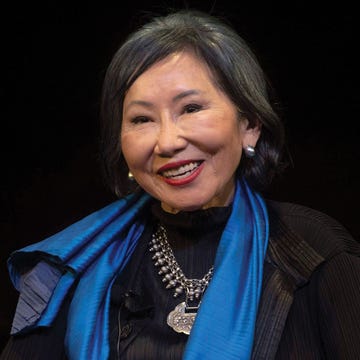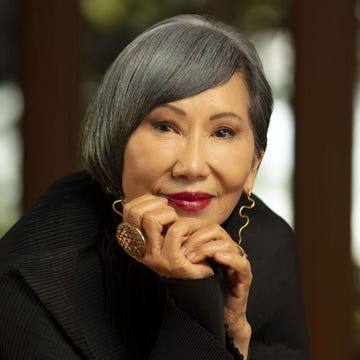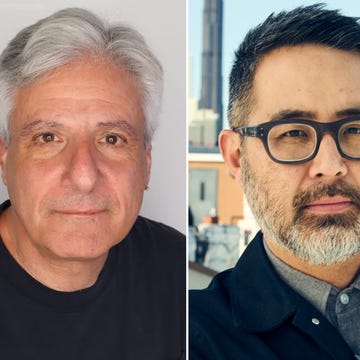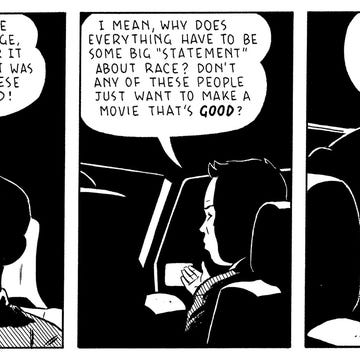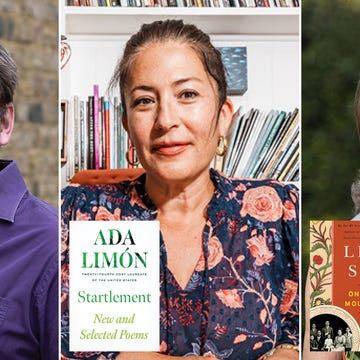When you’re young, all breakups feel like catastrophes. For this brief but key period of life, the question of being liked, or loved, has no half measures. To be told (or worse, to find out) that you are not does not feel like someone else’s choice—but a negation of everything you are or represent. And here the pain can find a terrible magnifier. If, at the moment of your rejection, you had stealthy doubts about any aspect of yourself? Well, here’s proof they were real. You are as lacking as you thought.
With Shortcomings, Adrian Tomine has written a swift, poignant classic of this genre of love story—with a California twist. Ben and Miko are a couple in their early 30s. He runs a quality film cinema; she works as an organizer for an Asian American digital media festival. Everything should be going well for them, except there’s something or someone else drawing Miko’s attention away: maybe it’s the East Coast.
The book starts with a fight, with Ben and Miko coming home from a film that Miko liked and he did not. Ben simply cannot let it go that Miko was wooed by what he believes is a piece of identitarian signifying. “Everyone knows it’s garbage, but they clap for it anyway because it was made by some Chinese girl from Oakland!” he grumbles. Miko lets it go. But Ben can’t, and the next morning at a breakfast spot called Crepe Expectations, he chews over the awfulness of it with his best friend, Alice.
There are few graphic novelists who capture the casual way we talk about important things as naturally as Tomine. In the light of day, over tofu scramble, Ben gripes his way toward a deeper truth. The gap opening between him and Miko isn’t just about aesthetics. It has to do with how they are Asian. “Remember that guy from the dorms...Elvin… something?” Alice asks him. “Of course…the guy who blamed all his problems on racism,” Ben replies. “Exactly! You’re like the total opposite of him,” Alice jokes, and Ben shuts the conversation down.
This character revelation is like a deteriorating piece of nuclear matter, its half-life counting down. Is Ben’s low-grade anger at all times to do with his instinct to prize or covet what he is not? When a cute young white girl starts working at his cinema, Miko’s gentle teasing leads to yet more shouting. Later, Miko finds his stash of porn and discovers there’s not a person on the video cassette box that looks like them. “Look...there’s a, uh, Latina girl in this one,” Ben says lamely.
Desire is at the heart of Shortcomings, even if humiliation appears to be its métier. Unlike the case of Alexander Portnoy, which Philip Roth presented entirely through the voice of its hero, Tomine allows us to see Ben’s predicament through a prism of those around him. Alice, for example, is a lesbian, and rather than confront her parents with this fact, she appeases them by bringing Ben to her church as a boyfriend stand-in, so that she can be left in peace to pursue her heart’s delights. Her ability to tell a lie so she can live a bigger truth is something Ben lacks.
In this way, Shortcomings is an ode to not being what you’re supposed to be. In Ben’s case, that occasionally means simply being informed. For someone who fancies himself perspicacious, he is a little clueless. It says something that Alice has to explain to Ben how recognizably Japanese he is to her Korean family, that he can’t pass and his appearance at church will offend some of the older members of her family. And it says a lot that when Miko gets an internship in New York, he does in fact ask a white girl out—two, in fact. So he does have a type.
On this front, Ben finally accepts that he wants to try being with a white girl. Although this realization is staged through conversations with Alice, Tomine’s illustrations do a lot of the work too. As an artist, he draws loneliness like some painters thrive on sunlight. The panels in Shortcomings are all black-and-white, and as Ben’s period of being alone while Miko is in New York (they are officially “taking a break”) stretches on, the darkness creeps up around the frame the way night does in some Hopper paintings. Then, abruptly, in scenes with Sasha, a 28-year-old Mills College student he meets at a party, the frames go almost entirely white. Alice tries to warn him away from her but to no avail.
The gremlin of righteousness has sunk its teeth deep into Ben, and the only thing that might expel it is failure. First his coworker Autumn rejects him, then Sasha, and finally even Alice heads off to New York City. There’s little else he can do but go there himself, too, and find out why Miko hasn’t been returning his phone calls. The way this slow escalation of humiliations is paced is immortally familiar to anyone who ever made a cross-country (or even crosstown) trip to find out what they ought to have known.
For a novel that could feel like an anti-rom-com, Shortcomings has moments of painterly power. On occasion, the action lingers for five or six frames like a prolonged still shot, and in other periods, it jumps forward—deftly suggesting that parts of life for its characters are ongoing, but here is the real matter. Who loves them, and who doesn’t, and why. The minor tragedy for Ben is, despite finding out what he didn’t want to know, he cannot grasp why he is forsaken. “You know, there’s still a part of me that thinks when I land in Oakland, everything will just be...back to normal.” Oh, to remember what that felt like. To want to superman time back into being the way it was. He can’t. No one can. But at least, for Ben’s sake, he has this: He’ll be in Oakland.•
Join us on Thursday, August 21, at 5 p.m. Pacific time, when Tomine will sit down with CBC host John Freeman and special guest David L. Ulin to discuss Shortcomings. Register for the Zoom conversation here.

